One of the many roles of a monarch has always been to defend the faith of the country in question. In some cases, that simply means upholding the traditions of the past, while in other countries the monarch is literally the head of the church. The Queen of the United Kingdom, Elizabeth II, still holds this position over the Church of England, though most of her powers are delegated to the Archbishops of Canterbury and York.
Still, there have been moments in history that are so important to the future of that country that the monarch not only defies the faith he or she is supposed to uphold, but downright changes the faith. These linchpin monarchs are often remembered fondly after their deaths, though at the time they are often criticized and earn many enemies. One of them, is King Ethelbert of Kent.
St. Ethelbert, King of Kent

Here are King Ethelbert of Kent (far right) and Queen Bertha, with Augustine in the middle. Stained glass window in Canterbury Cathedral.
The most powerful Anglo-Saxon king was Ethelbert who ruled Kent and a large area north to the Humber. St. Augustine (who had arrived on the English shores) sent interpreters saying that they came from Rome bearing good news which assured all who received it of eternal joy in heaven.

St. Augustine preaching to Aethelberht I, 19th-century coloured wood engraving.
Credit: Photos.com/Thinkstock
The king told them to stay on the island and gave orders that they should be provided with all necessities. Apparently this included beer brewed from the royal barley as beer was considered one of the necessities of life. The king had already heard of the Christian faith; his wife and queen was Bertha, daughter of the Christian king of Paris and she continued to practice her faith after marrying Ethelbert.
Six days later after their arrival, King Ethelbert came to the island and summoned Augustine and his companions.
They approached the king carrying a silver cross and the likeness of the Lord painted on a board, like an icon. First they sang a litany of salvation and then they preached the Gospel to the king and his court. Ethelbert seemed to be impressed although he was not converted then and there and he offered hospitality to the missionaries and gave them permission to preach among his people. He also gave them a dwelling in his chief city, Canterbury. There they lived a life of prayer and preaching, living simply and caring for the poor. A number of people were converted and baptised. The Church of St. Martin in Canterbury had been built-in Roman times and was still used by Queen Berta for prayer. The monks gathered there for prayer, Mass, preaching and baptisms.
Eventually, King Ethelbert himself came to believe and was baptised. From then on, large numbers were converted to Christ. The king insisted that no one should be forced to accept Christianity; he knew that true service of Christ must be accepted freely.






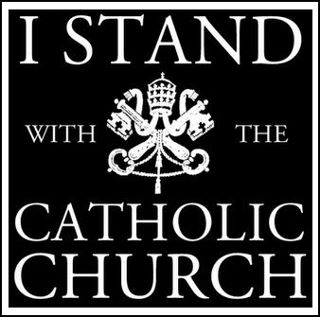














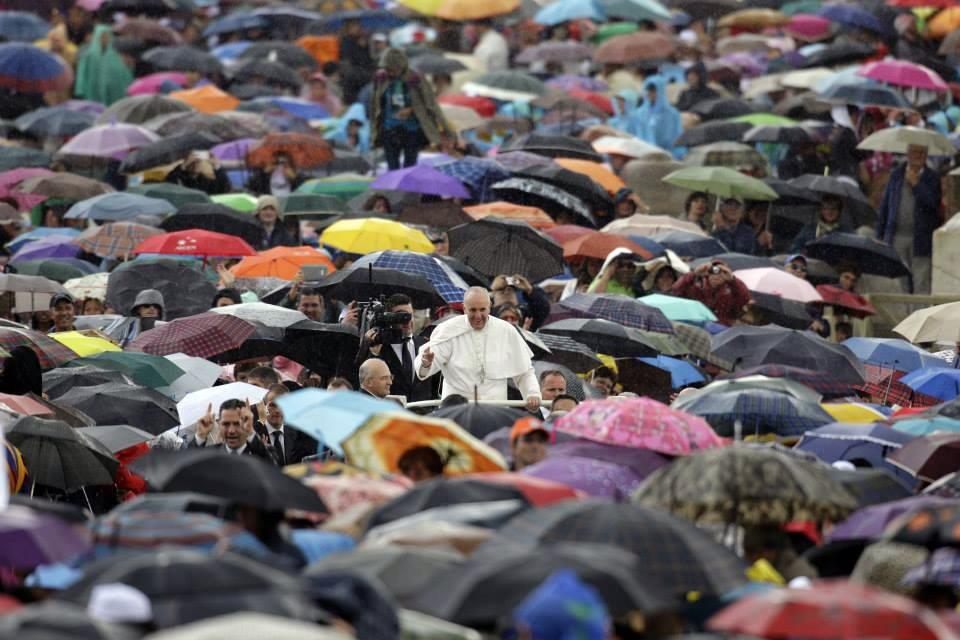


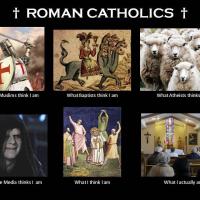
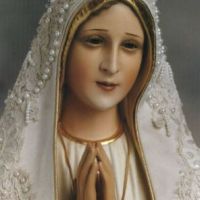


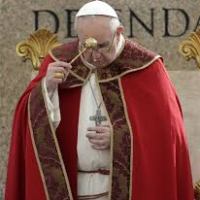

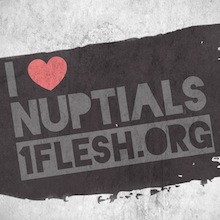
















Sarah
/ February 25, 2014Actually, the necessity of beer was more sensible than it sounds, or so I’ve read. It was safer to drink than water because the water was boiled. They didn’t know that was why though otherwise they would have boiled their drinking water. However, they knew that drinking beer was safer and I guess it’s also quite pleasant!
1catholicsalmon
/ February 25, 2014Great comment, thank you .
reinkat
/ February 26, 2014It’s always good to learn about a saint that I didn’t know of before. And my favorite part was that St.Augustine brought an icon with him!
1catholicsalmon
/ February 26, 2014You’re right, I didn’t even think about that.